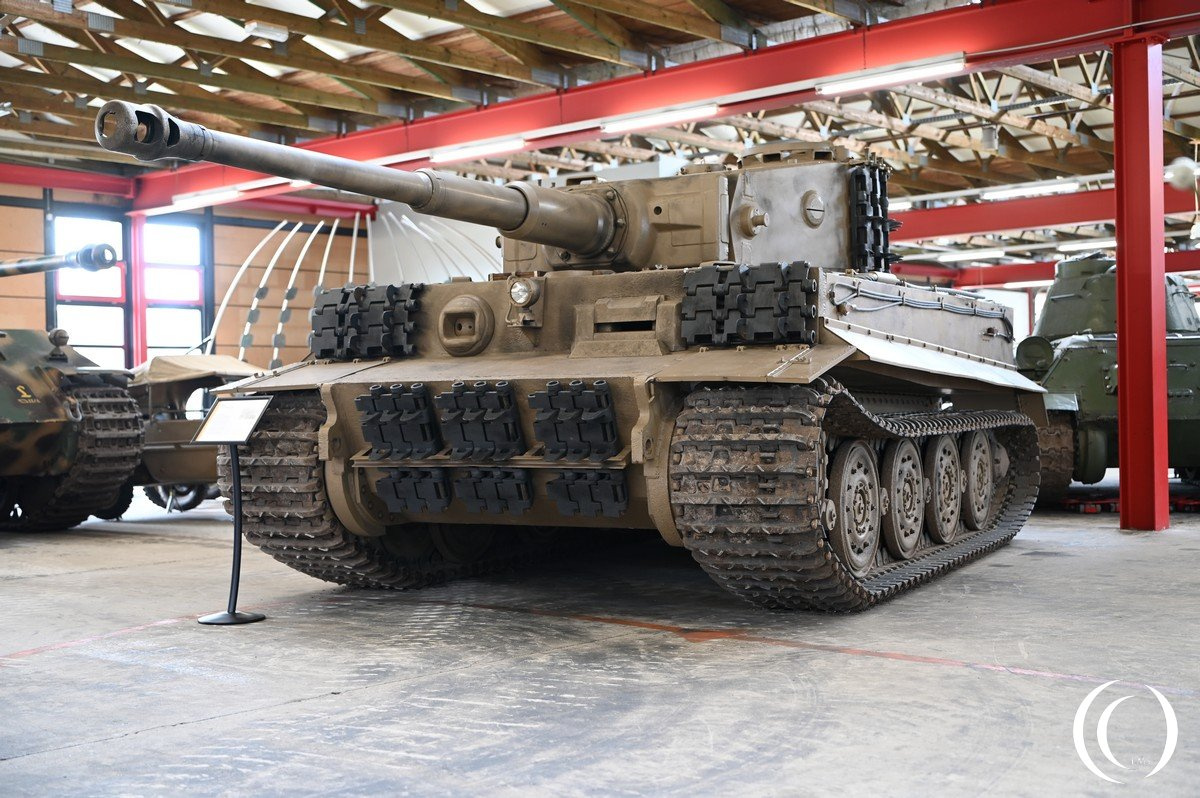
The Tiger I photographed at the Deutsches Panzermuseum Munster is a tank built mostly from parts recovered from a scrapyard and some part from the Kurland area in Latvia. Hoebig was able to assemble two Panzerkampfwagen VI tanks from the scavenged parts of a scrapyard in Trun -Normandy France, which he owned. The Tiger was borrowed and is on display at the Panzer museum early 2025. After Militracks, the Dutch event where German vehicles and tanks are driven around, the Tiger remained at the Overloon War Museum and is temporarily on display in the Netherlands. If you want to see this tank, keep an eye on the internet to see where it can be found.
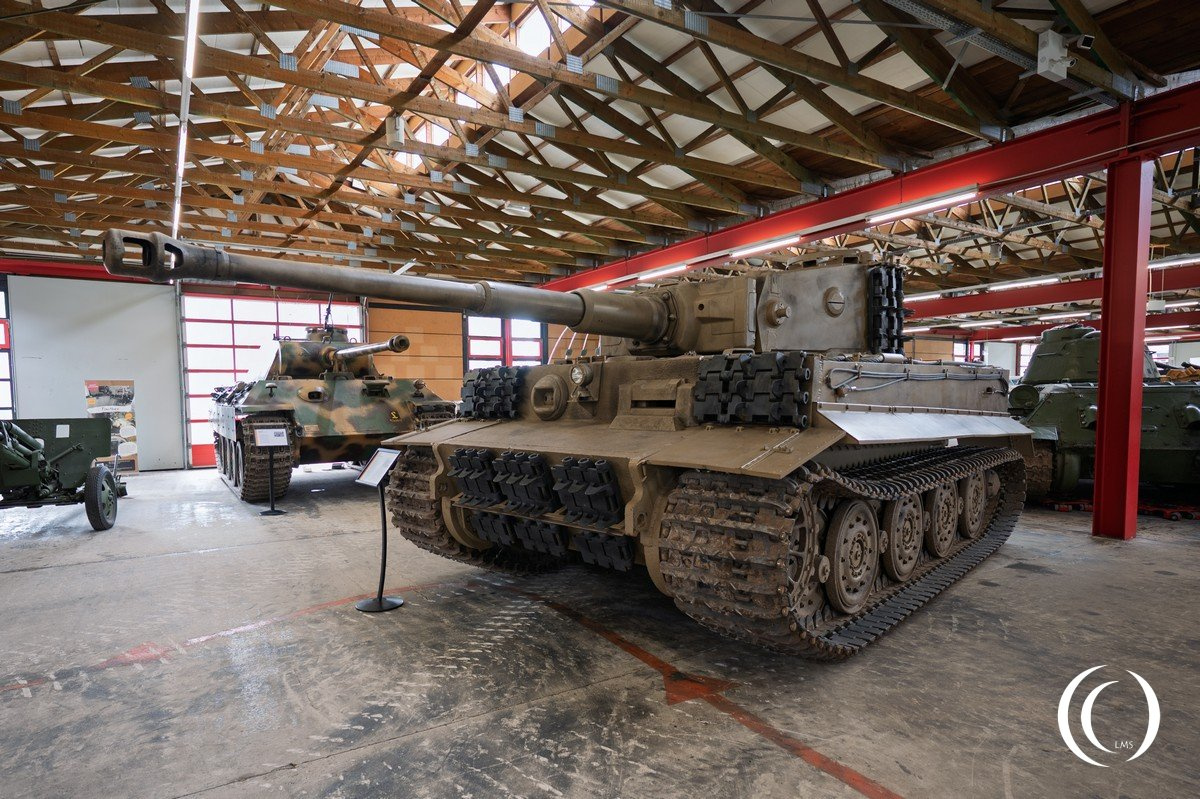
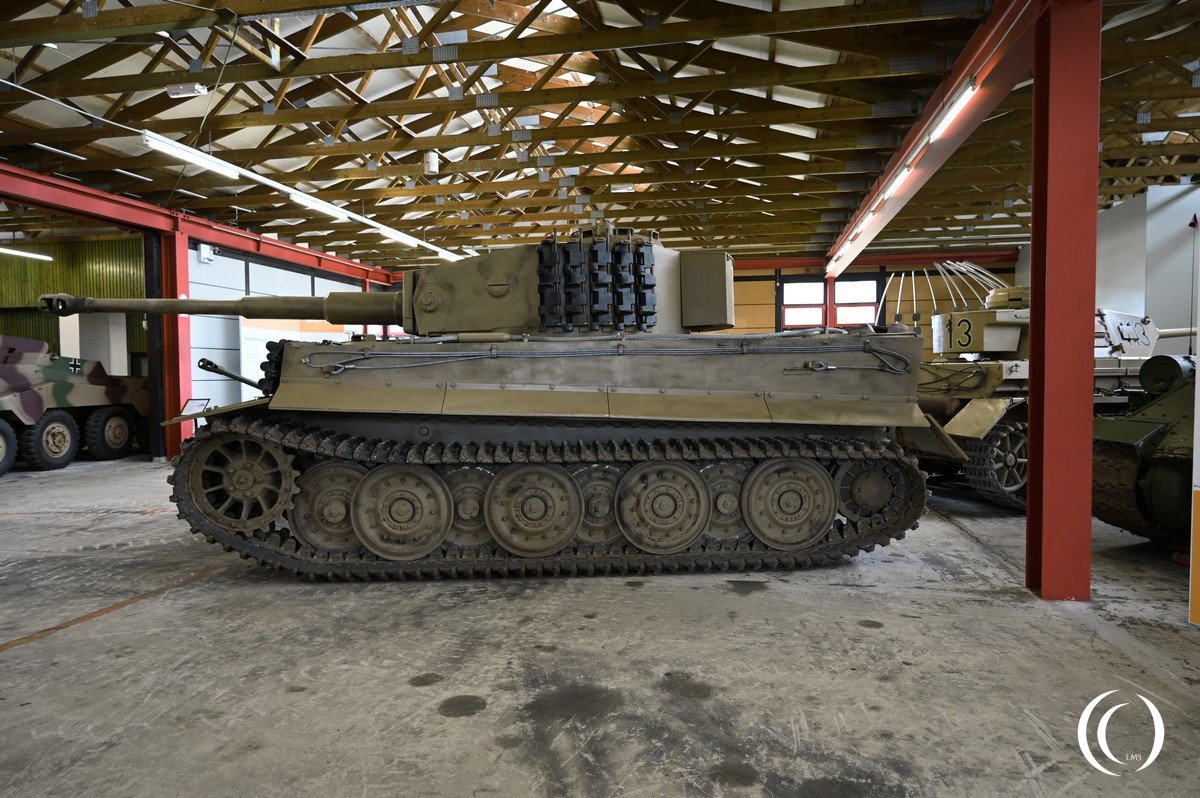
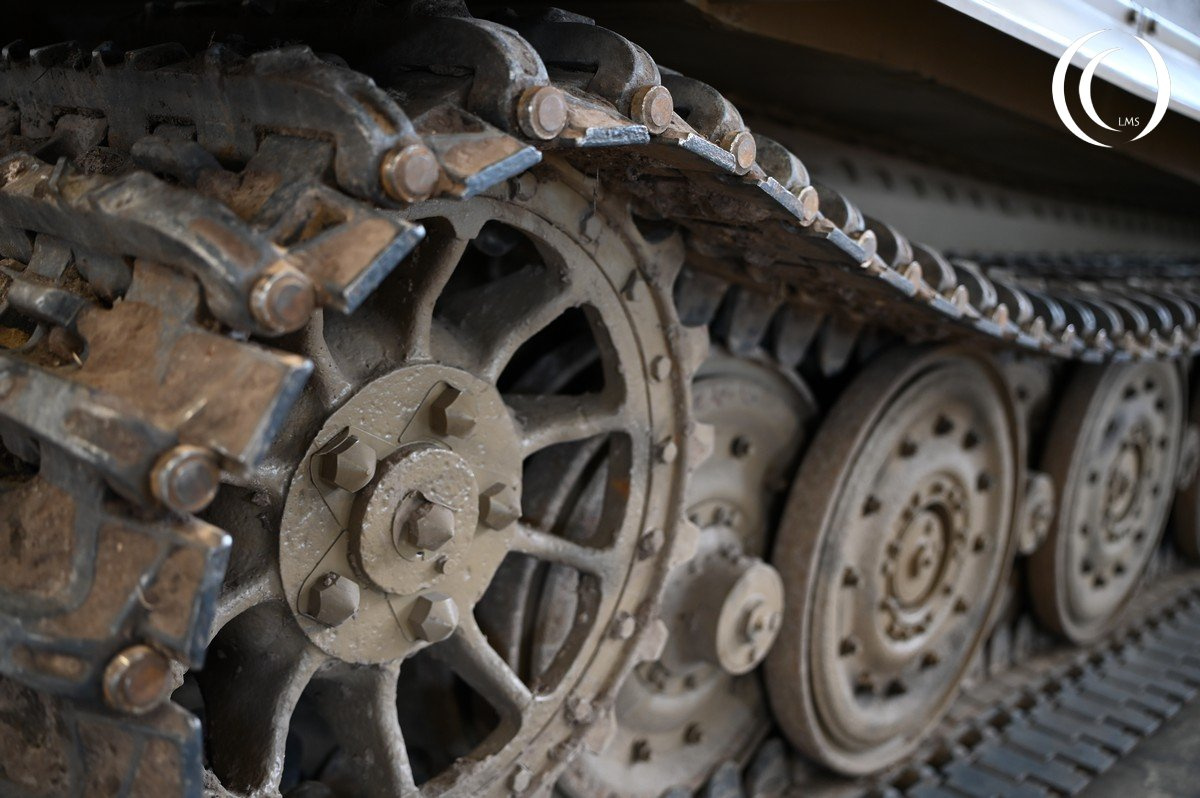
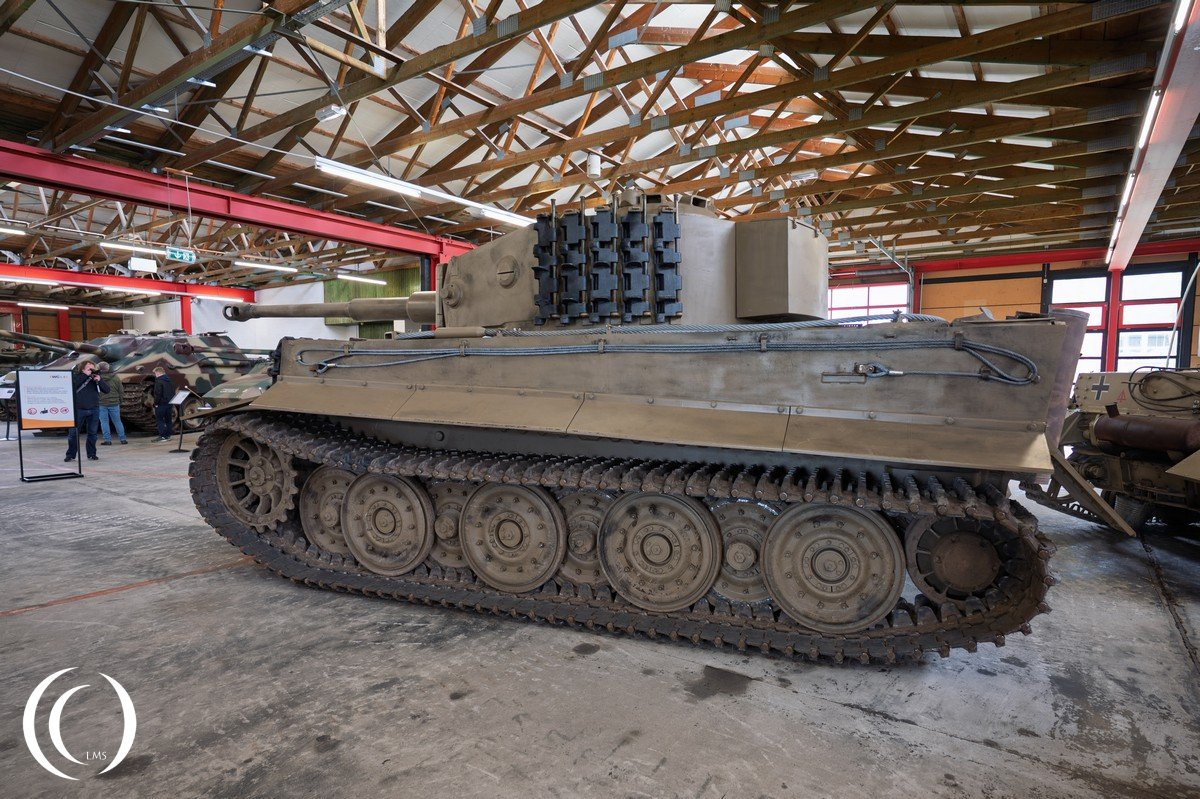
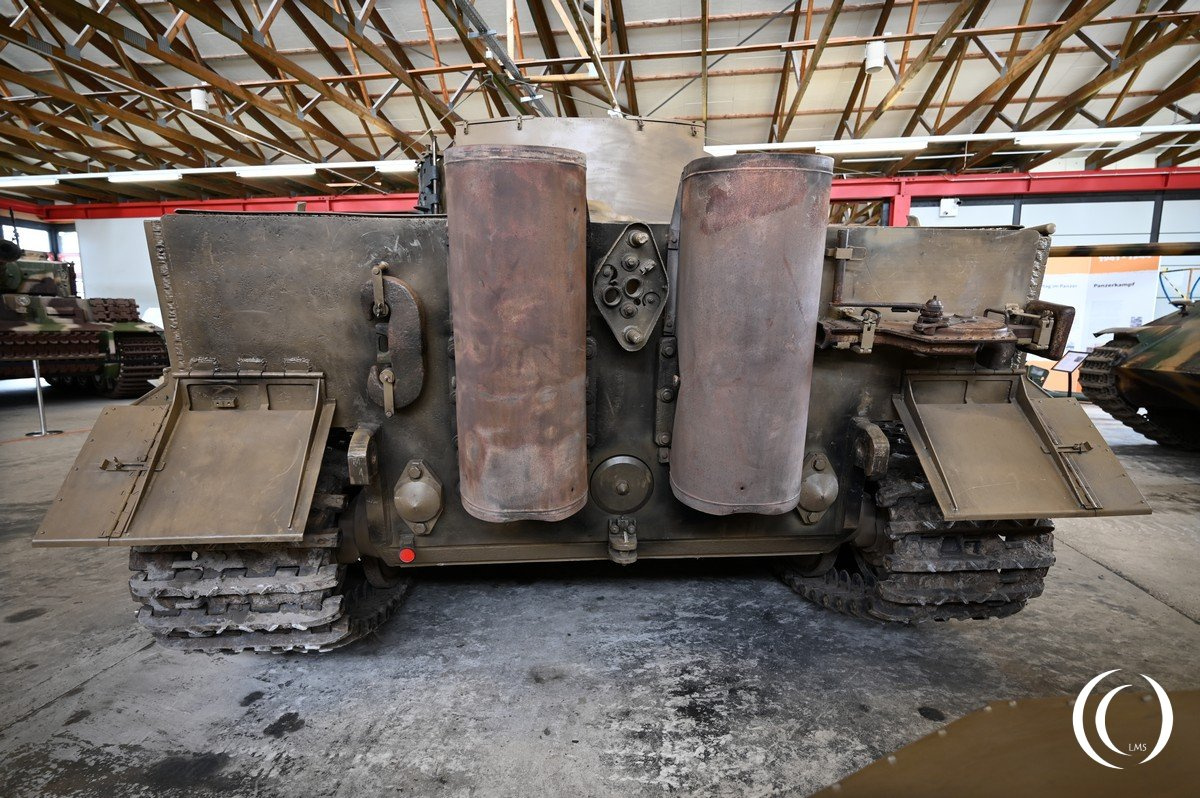
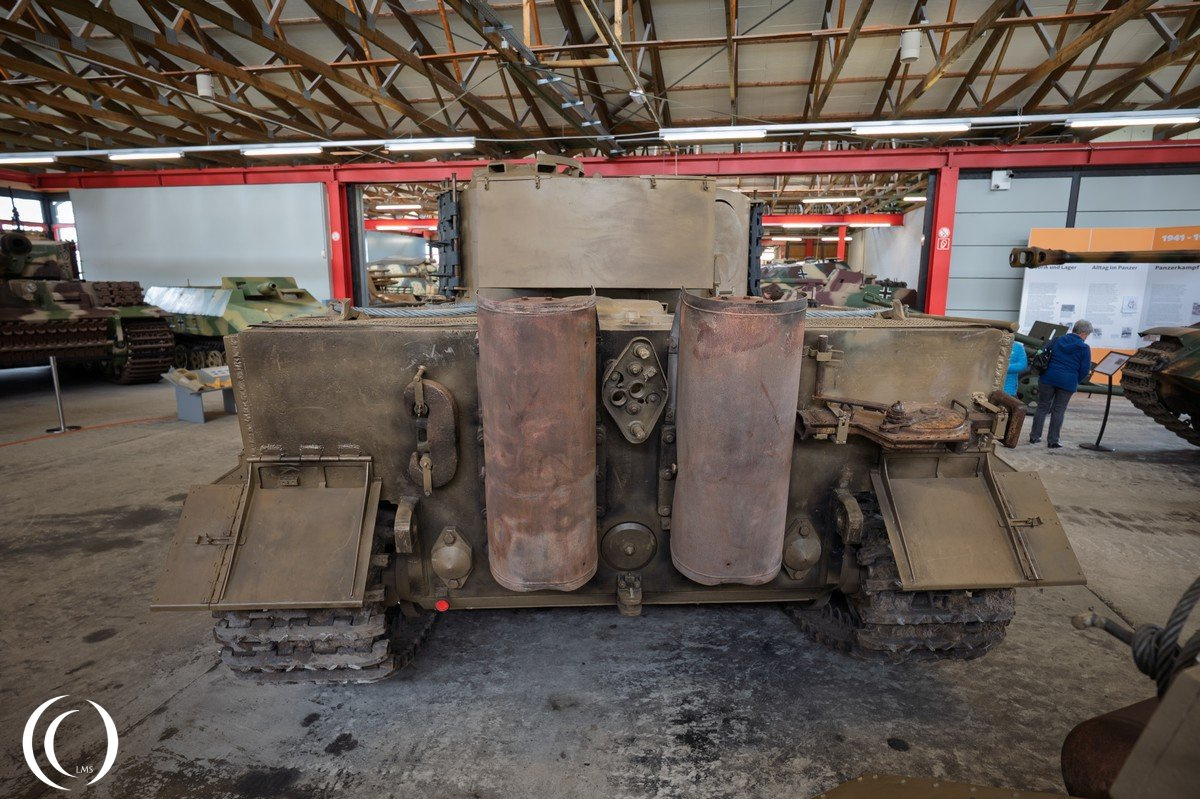
The Deutsche Panzermuseum Munster lacked a Tiger I for many years. Yes, there was a King Tiger and a Sturmtiger, but no Tiger I. To replace it, the museum created a Tiger I from metal and plastic, the so-called Plastic Tiger. Christian Hoebig’s Tiger tanks are called Frankentiger. Hoebig isn’t the only one working on composite Tiger tanks; the Kevin Wheatcroft Collection in the United Kingdom is also working on two Pz. Kfw. VI tanks built from multiple Tiger tanks and reconstructed parts.
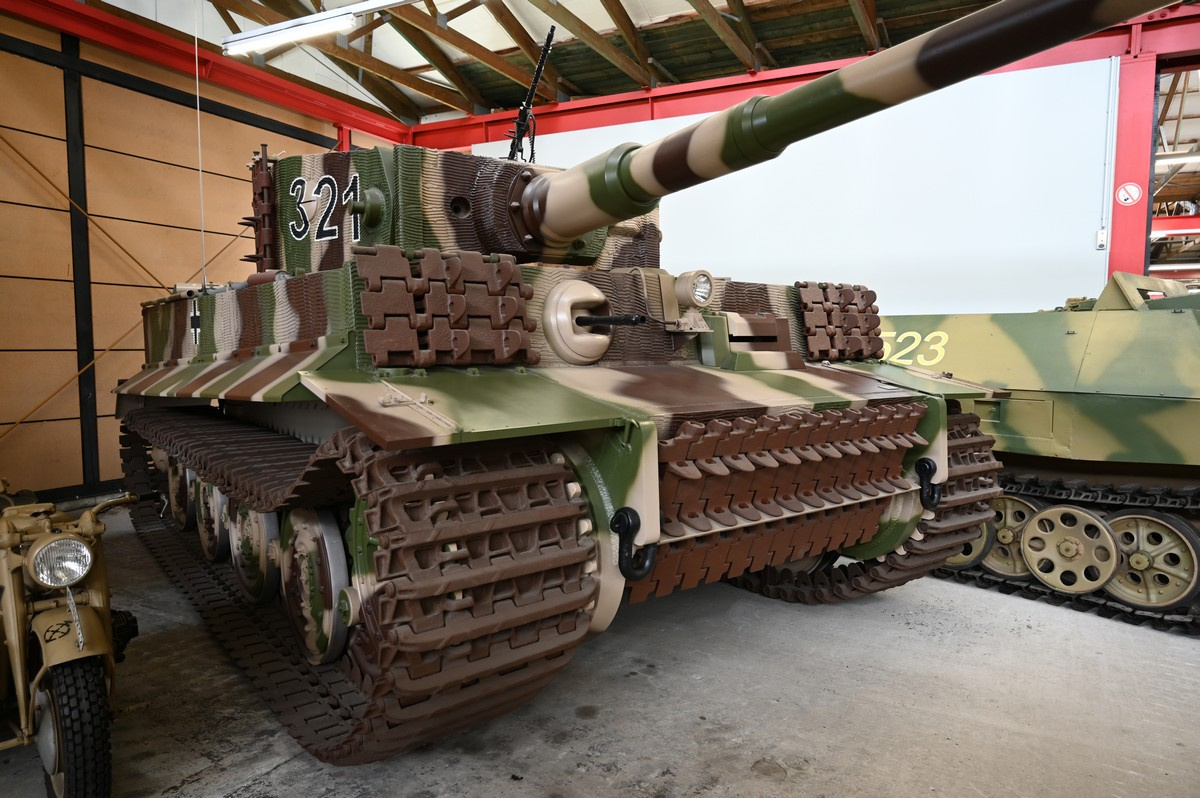
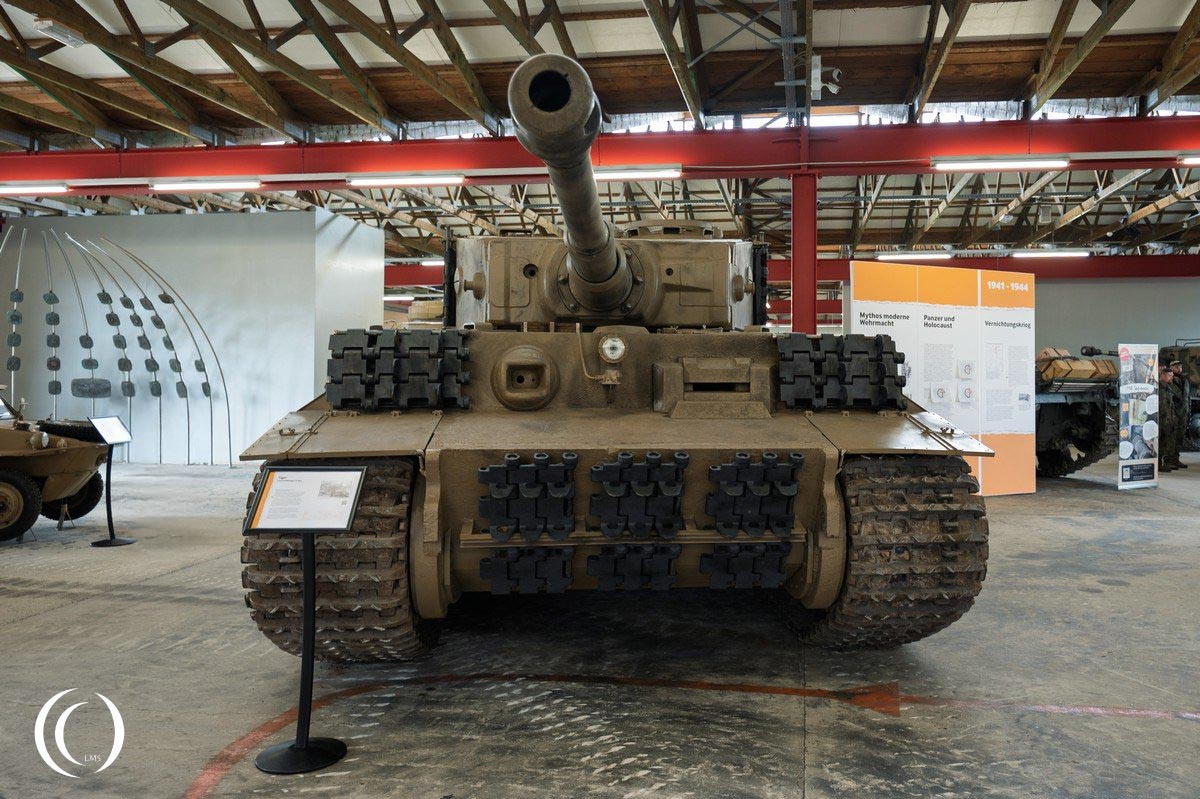
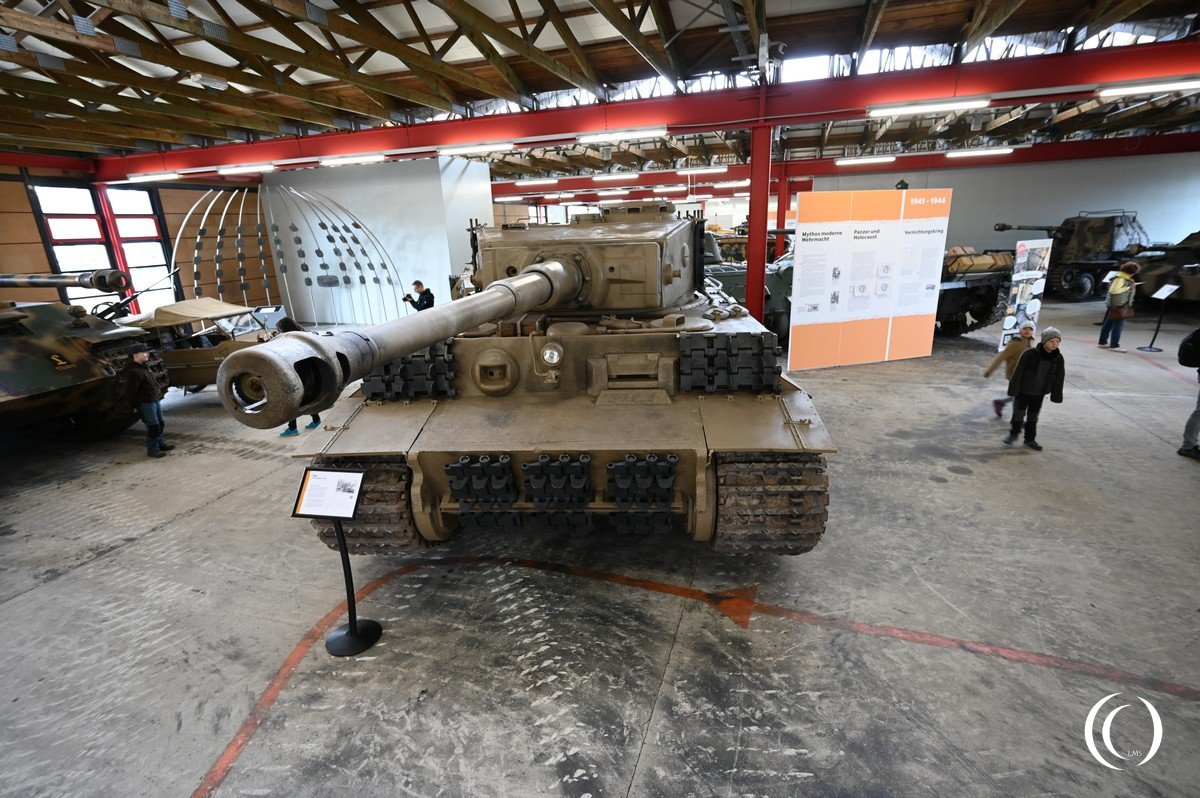
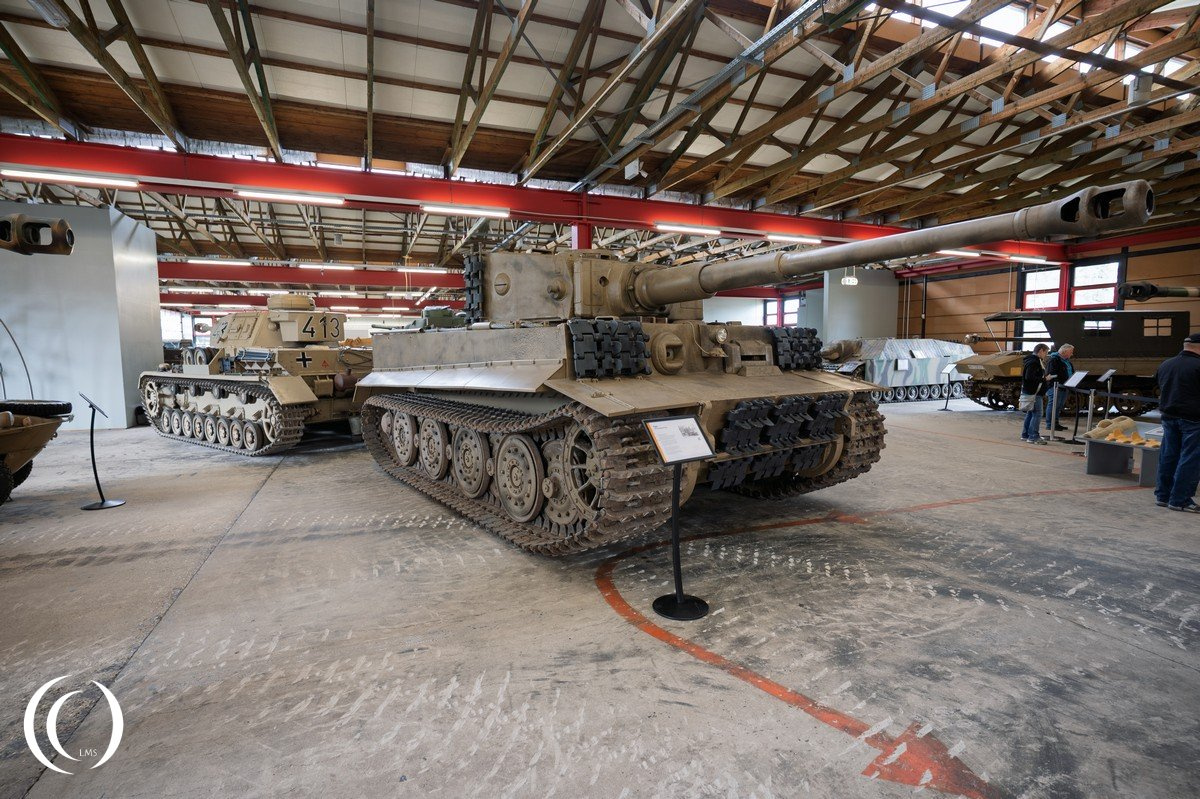
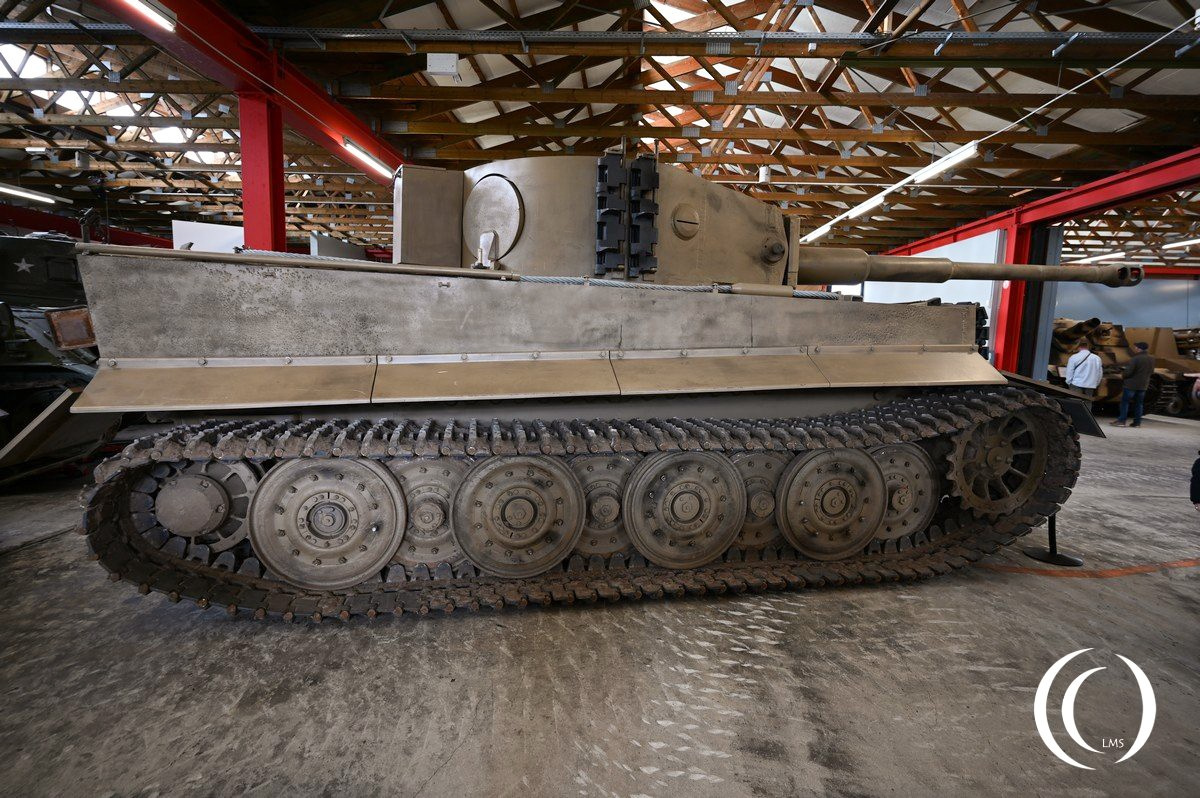
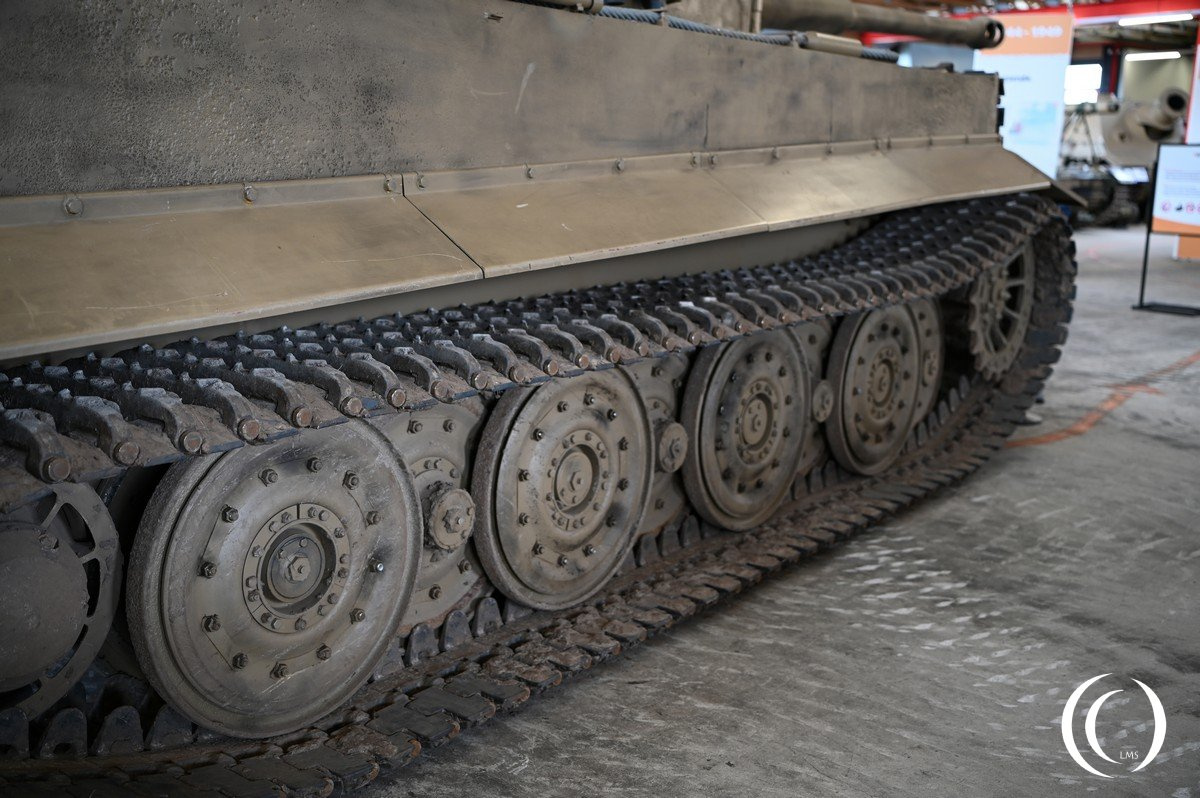
While the Deutsches Panzermuseum didn’t once own a Tiger I tank, at one point they had three (some on loan). Apparently there was one Tiger tank for sale and it seems it was moved to America. The other Hoebig Tiger with number 222 was also seen at Militracs in the Netherlands in 2025.
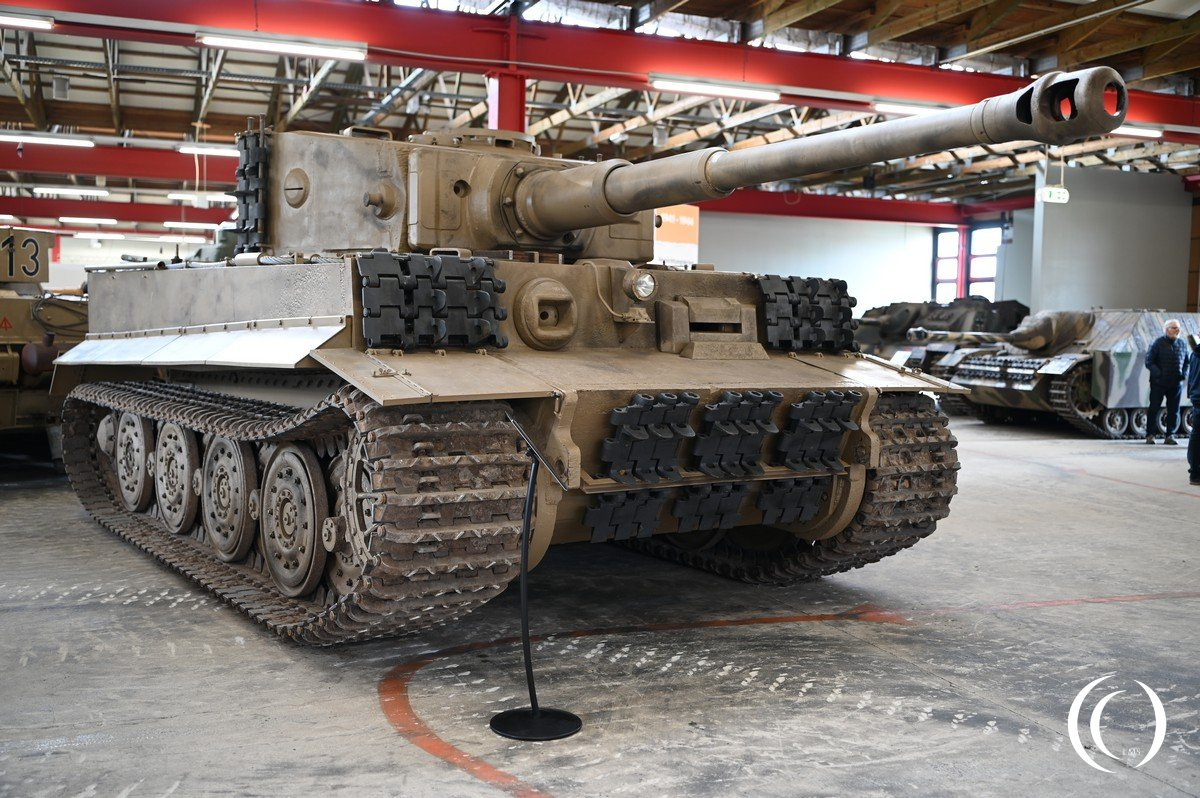
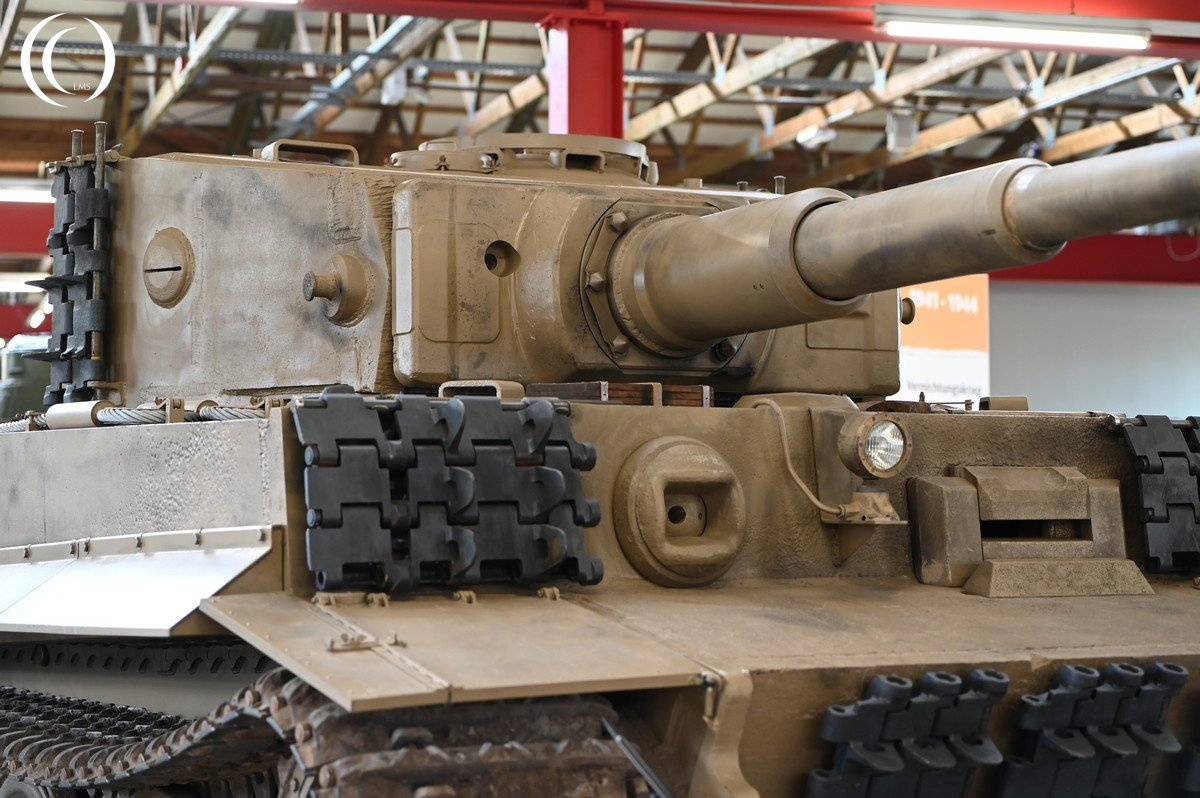
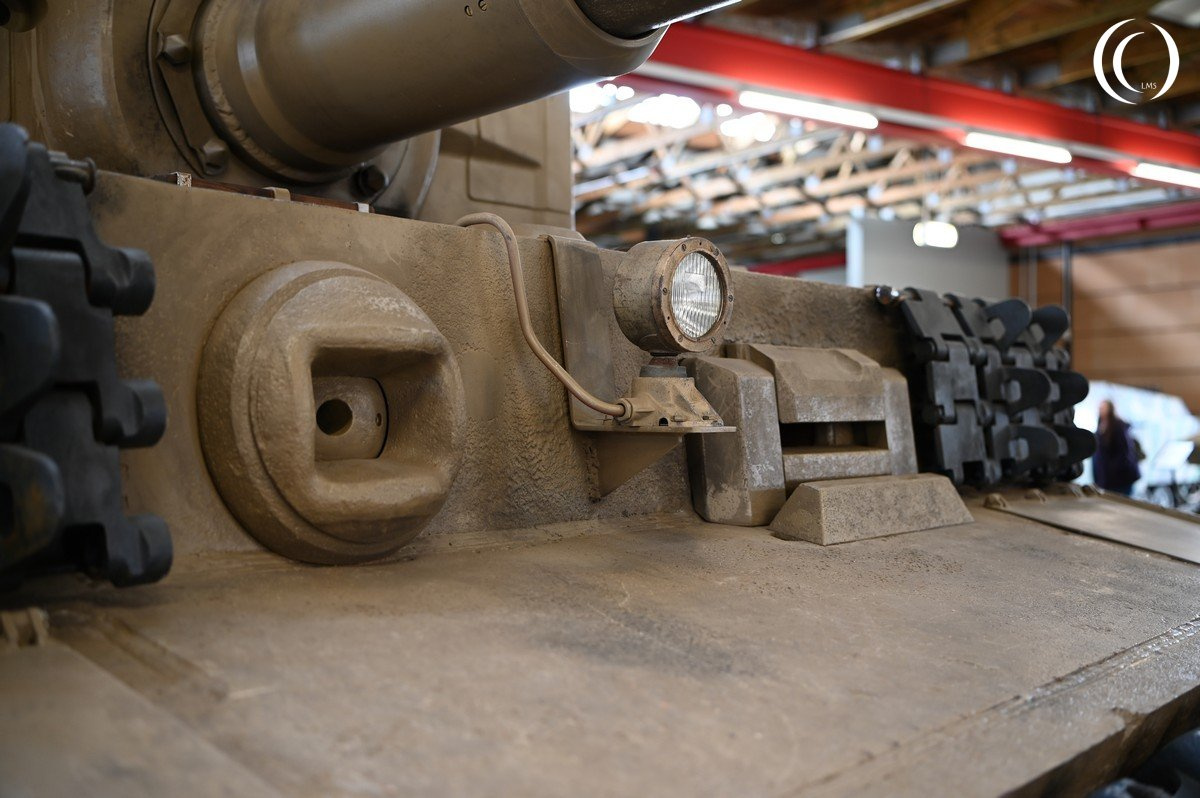
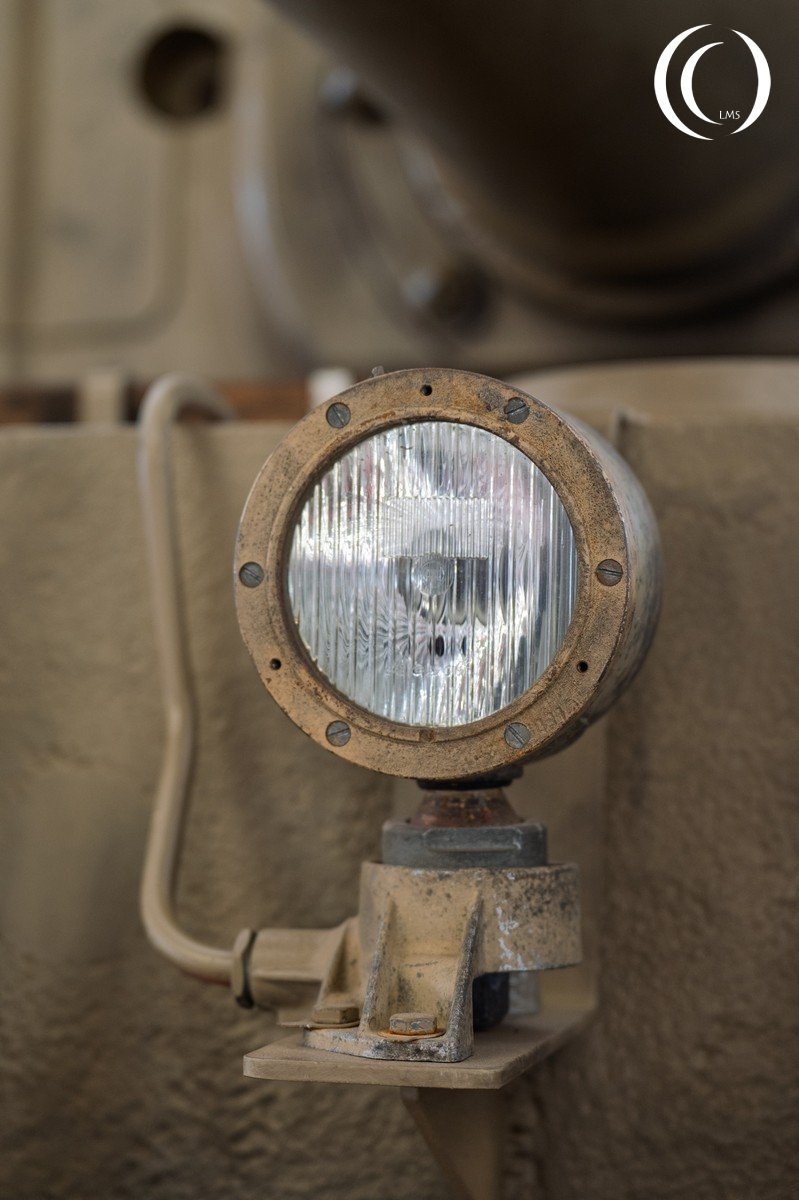
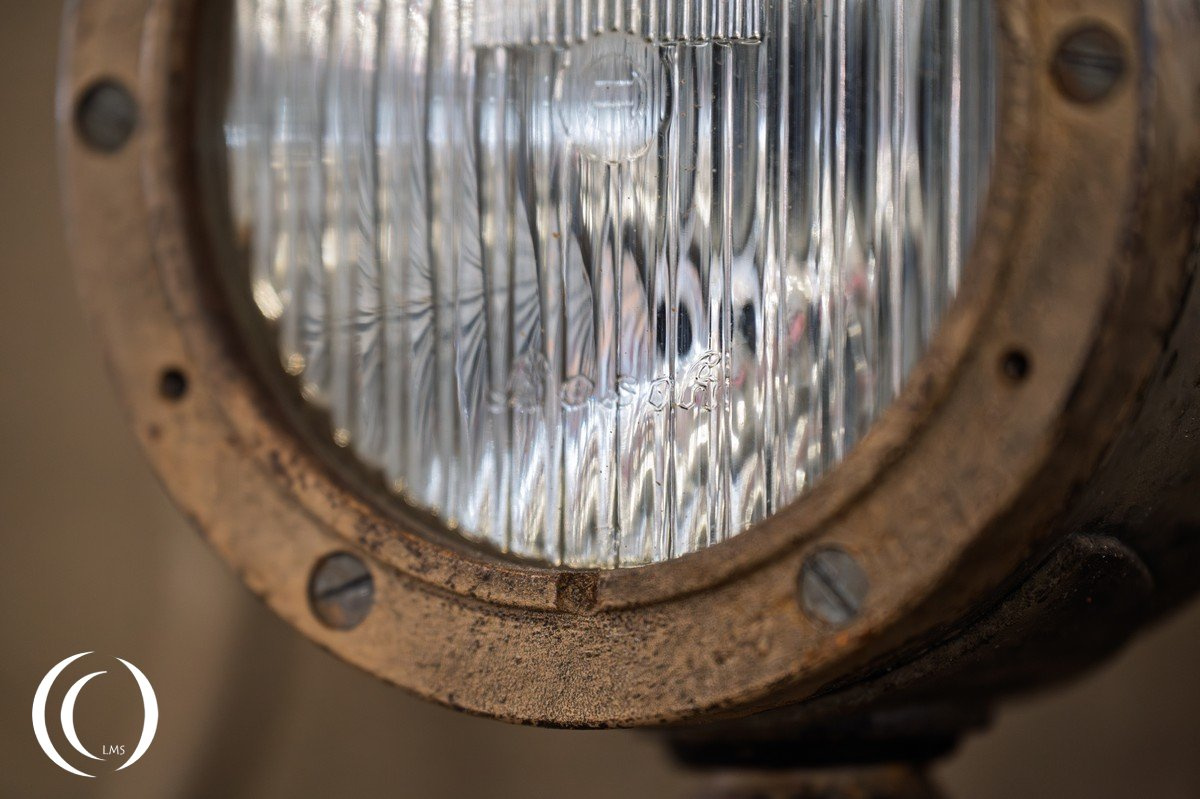
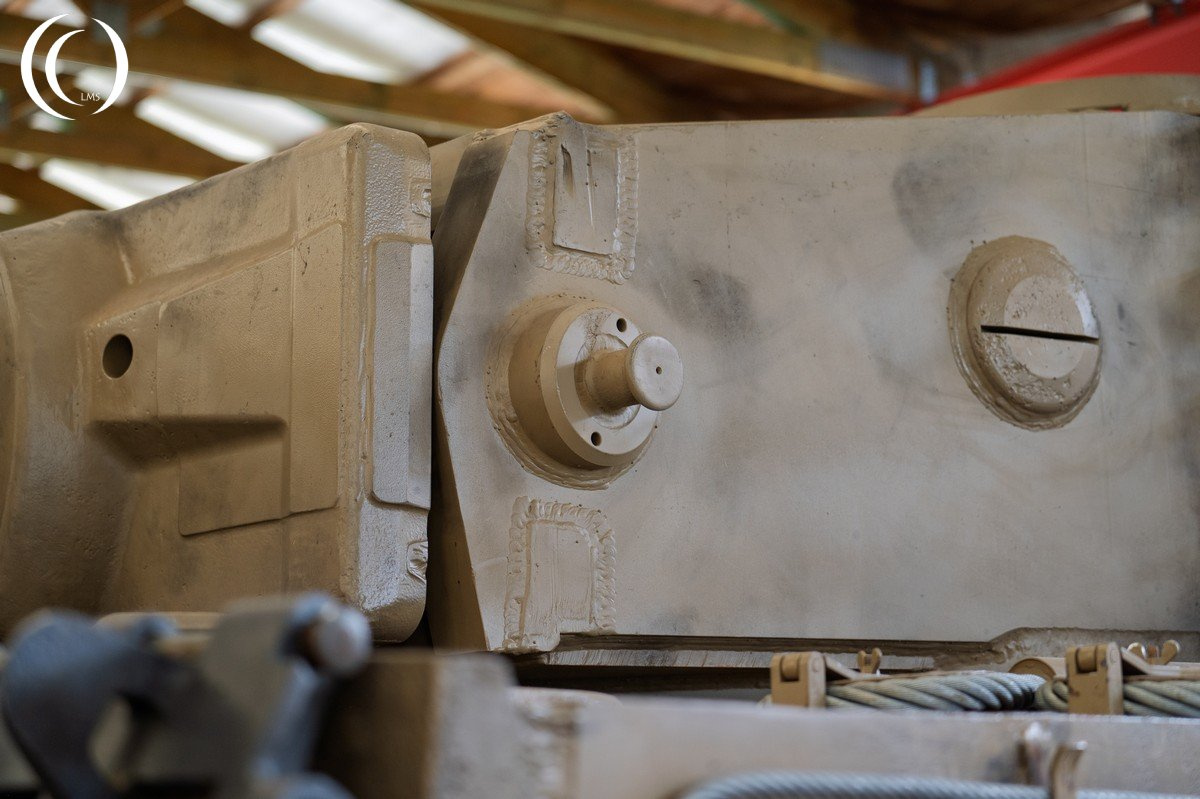
On our visit in Germany the Deutsches Panzermuseum was working on the Tiger I Tank, although near completion it lacked its identification number which could not be seen in the museum but was added one month later during Militracks.
Photo set on the Tiger I – identification No. 312 seen at Militracks in 2025.
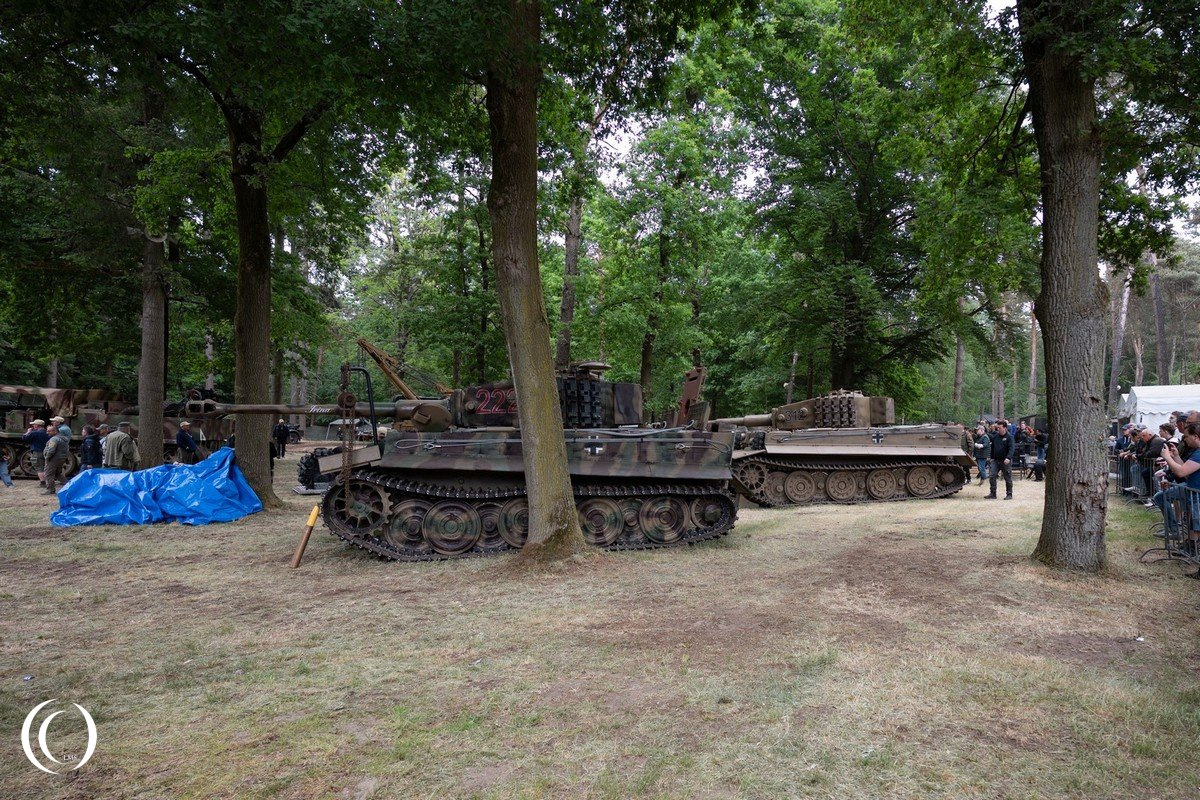
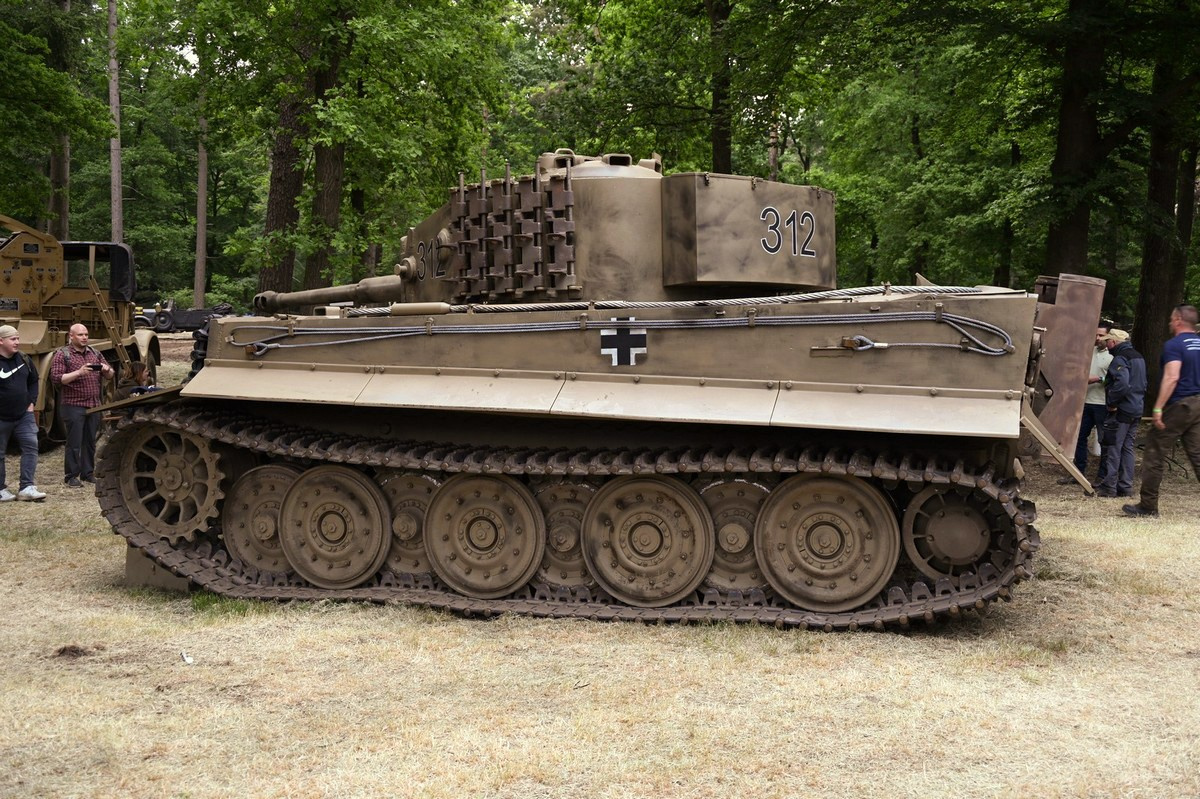
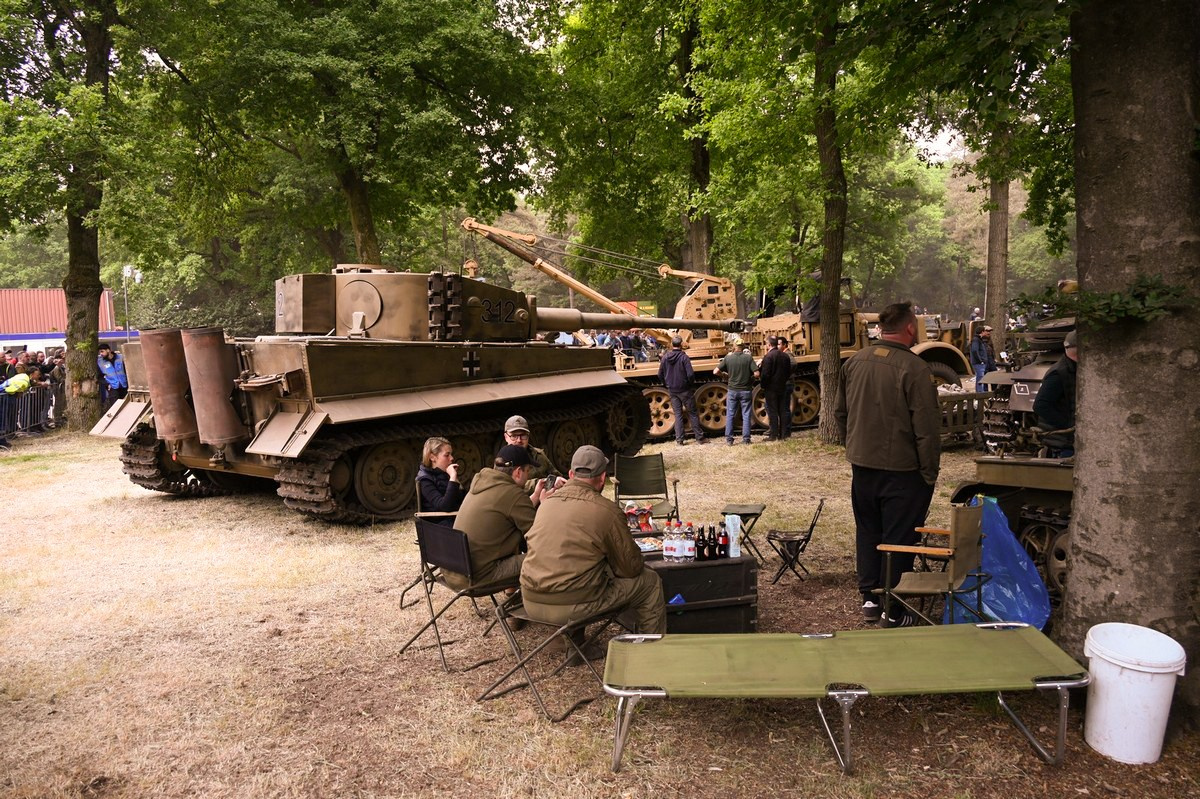
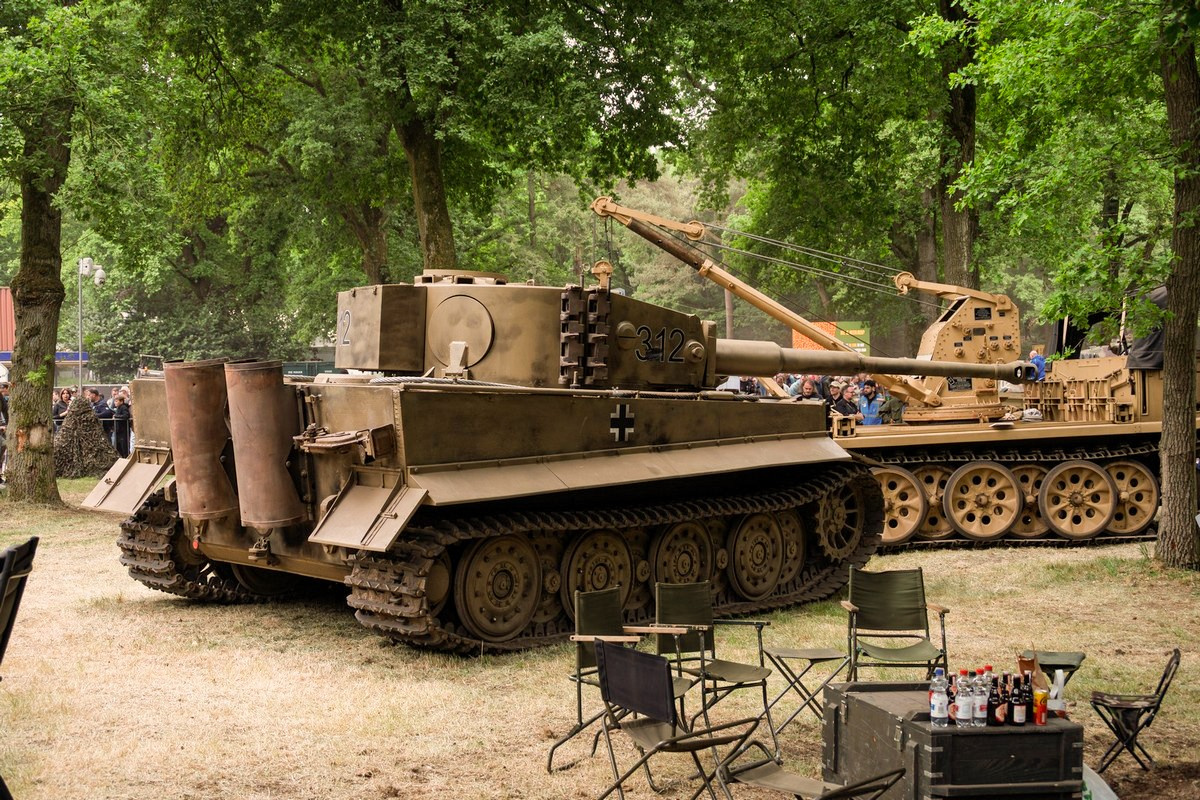
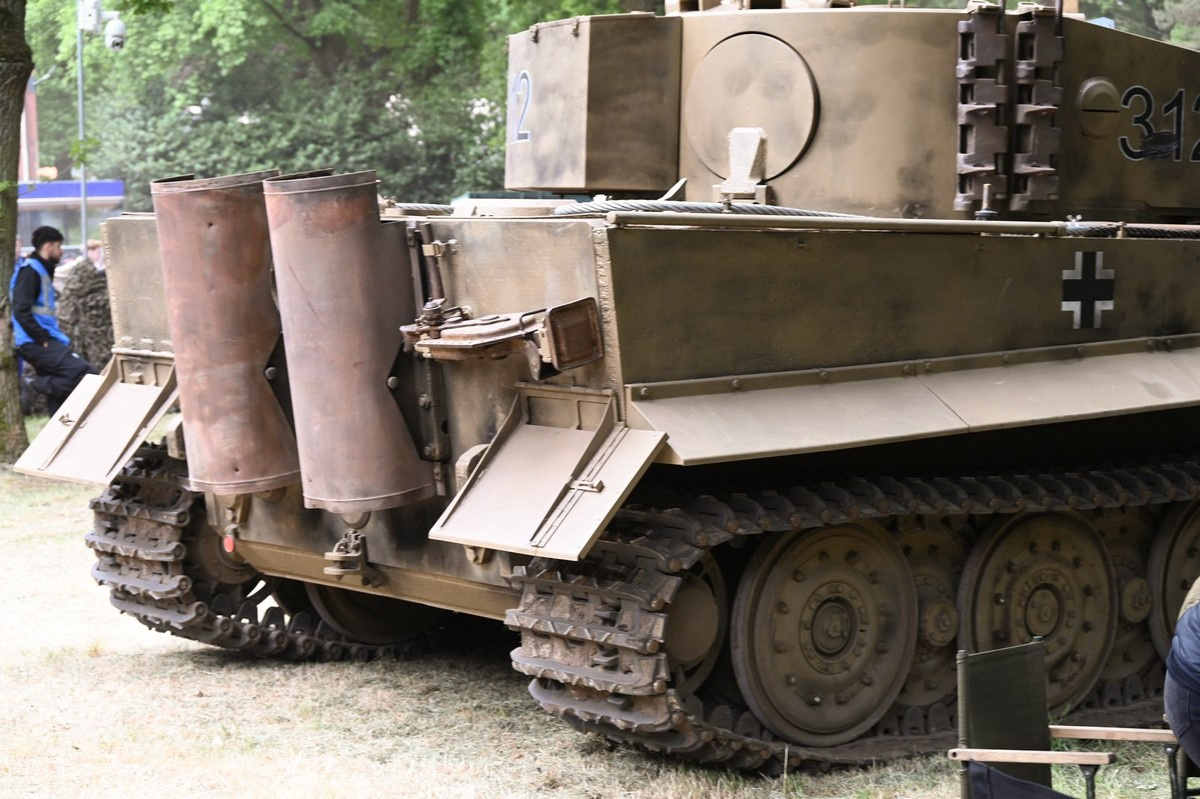
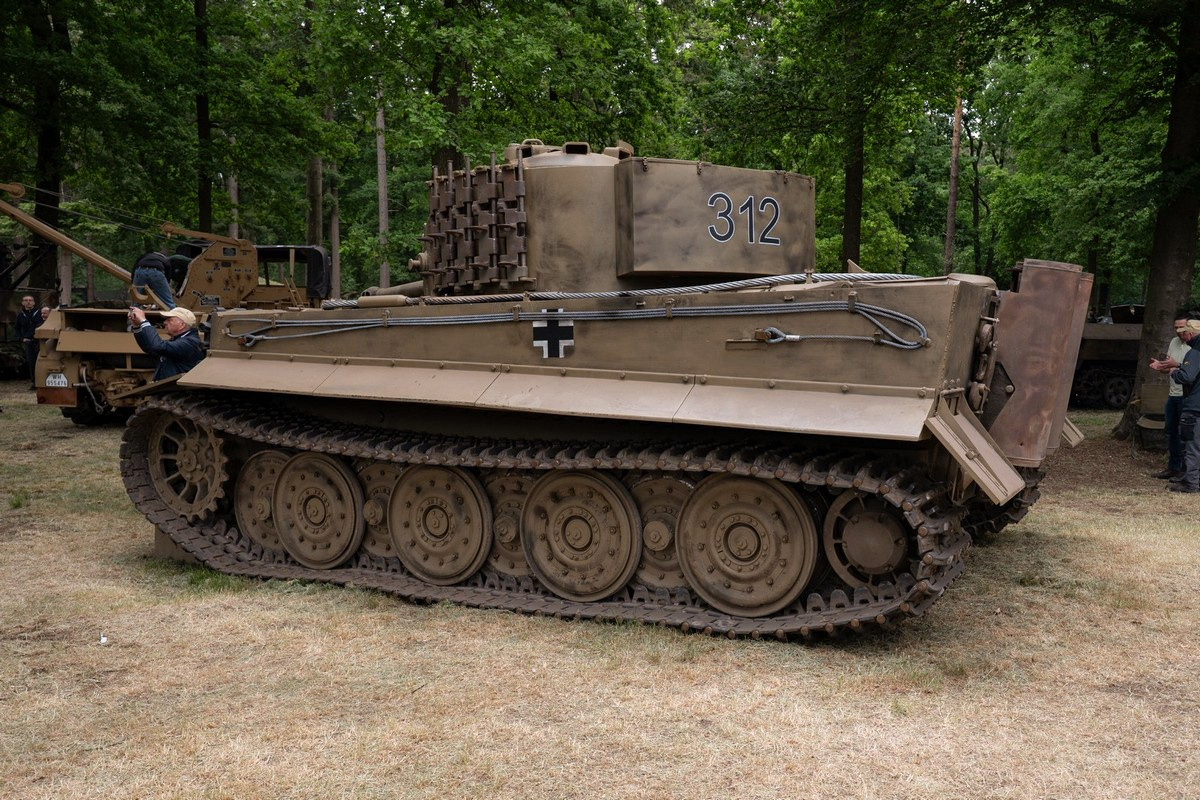
Tiger 312 is only a hull, there is not much inside, it lacks a motor and other cruiscial devices. It is mr. Hoebig’s wish to install an engine and create a driving Tiger I tank.
I was at the museum on 2 October last year.verry good.diorams are good.it was good to tank round s going off and mg fire which could be heard from out side the museum.i also met an German English man who s family live in Germany from many years back..I believe any way to bring tanks back in any form is beneficial to people who wish to see them as near as possible to state of they hayday.munster worth a visit.was difficult for me as I to use train from Hamburg proved not easy w time taking to get ticket at station and delay s arrival at night and walk to hotel which had no staff in all go home F night but key in box and a pH call . still go if you HV not been
Excellent photos, thank you. It matters not that the Tiger is made up of pieces from here and there, I am sure that during the war, the Germans sourced spare parts from where ever they could. Frankentiger it is not; it looks like a Tiger, it feels like a Tiger, and it is a Tiger I, made up from bits of Tigers. I do hope that an engine can be found somehow, plus other “working parts”.
Please do certainly not consider this as a comment. I have great admiration for people who do like you, folks. Never mind about the fact that the Tiger is assembled with spare parts. The same happened during war when tanks had to be refurbished and repaired from battle damage. So, in my eyes, the fact that the assembly of this tank with available parts was done AFTER the war does NOT make it a “Franken” Tiger. We must praise ourself lucky that this tank exists. If I may ask one question , it is the following : In the pictures , taken from the front of the Tiger, I have the impression that the top-surface of the turret roof does not extend above the turret sides. Is it possible that this Tiger does not have the 40mm thick roof ? Have a nice day and congratulations with this gem of a Tiger I .
Thank you very much Erik. We share your vision on the “Franktiger”explanation. And you have a keen eye for details, we did not notice the difference in roof thickness.